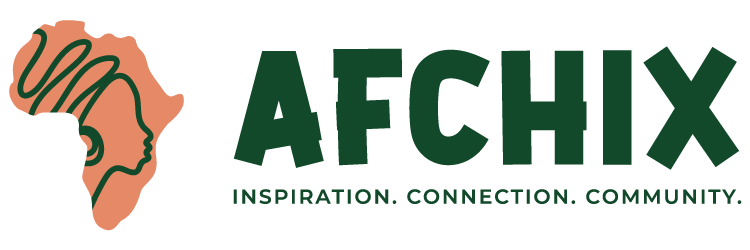Women and new technological revolution 21th century
The digital revolution that has emerged since the last century has experienced real and ultrafast advanced since the beginning of the 21th century. The Internet of Things, the digitization of development areas, and the repeated mutation of different innovations in the development sectors for communities in developing countries, have won the different laboratories, start-ups, universities, academies, etc.
The constantly changing environment seems to be dominate by men. Men’s innovations are flowing from day to day information systems and information distribution channel and innovations. The situation is the same in Advanced Developed Countries as in the Least Developed Countries. In Francophone Africa, the rule is the same and remains unchanged. Innovations who leaving the design laboratories for the implementation sphere and the use market are mostly attribute to men. Maybe men are the leaders of the organizations that have many of these innovations that are revolutionizing our lives, but a lot of the engineers, graphic designers, designers, marketing consultants and user experience are women.
Portrait of some prowess of francophone Africa women
In addition, just like in family and in socio-cultural societies, women, as well as in the technological industry, are the bedrock of development processes. Many technologies find their quintessence (are invented and designed) because women need them; but they are created successfully by women, thanks to them. Technological services and products found in the Francophone Africa region owe their success to the participation of several women. As an illustration, Isocel SA, an internet service provider, has been able to satisfy users in Benin, Togo, Niger and Senegal thanks to Elzie ADISSIN, the Sales & Marketing Manager of the firm.
In addition, a significant number of women are working to digitize urgent services to make life easier for women and men who would gain more in time and quality products and services. Masha AKRE, CEO AFRODICT CÔTE D’IVOIRE, Kadidja NIANG, Founder MashaNiang , Annicelle Reine KUNGNE, Co-Founder and Chief Financial Officer of Infinity Space , and Raodath AMINOU, Founder OptiMiam , are some recognized women who have worked not only to completely revolutionize the life of Francophone African communities but also to develop technologies that are also revolutionizing the technological era. The first created and continued to perfect the AFRODICT platform: a platform for booking and connecting beauty’s professionals with clients. The platform also has an after-sales service that allows users to rate the performance of the beauty’s professional and to recommend it or not.
The second created its startup MishaNiang , a mobile application that will highlight the craft products of the African continent and allow customers to order a wide range of leather goods that they conceptualize and personalize, thus highlighting the creativity and taste of heart of the product .
Anicelle Reine KUNGE is the queen of fintech, with WeCashUp universal payment system of the Infinity Space start-up and adapted it to the African population mostly unbanked. With the WeCashUp solution the African population can now make online payments via mobile money. Raodath AMINOU fights against waste, in 2014 she founded OptiMiam , a service innovation application that connects consumers and merchants for the sale of fresh produce in order to fight against food waste. Three (3) years later, some fifteen tons of meals were save thanks to partnerships with eight hundred (800) merchants and two hundred thousand (200,000) users of the application.
Women leaders’ initiatives multiply and have an impact in ICTs
Women in their participation in the digital and technological age are not limited to the creation of services and products facilitating the resolution of certain social problems. Like AfChix promoted by the Leader Dorcas Muthoni, which is a hub for the valorization and training of women in technology, several other incubators, hubs, initiatives of women leaders are multiplying and impact, contrary to certain initiatives of men, millions of people from different communities. These initiatives are the promotion and training centers of several other women. Women’s incubators and incubated women offer everyday solutions, solutions that make life easier for us.
If you want to know more about the initiatives of incubations, trainings and promotion of women in technology, you can join AfChix to access their opportunities.

